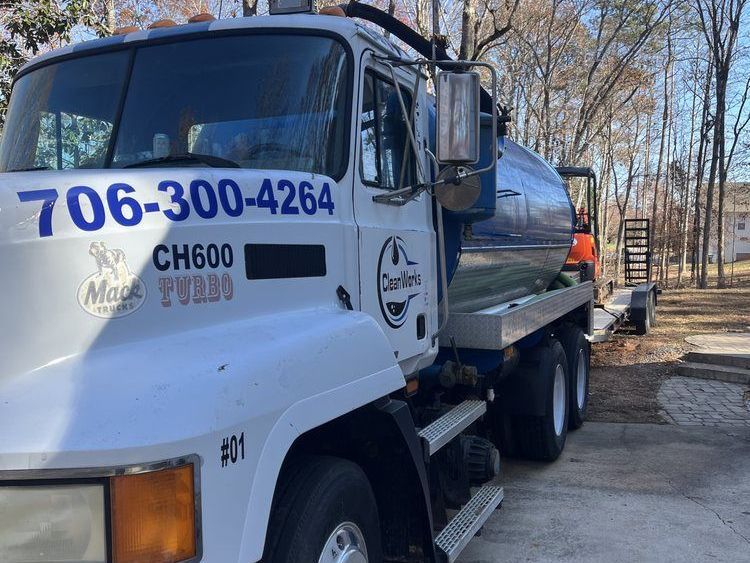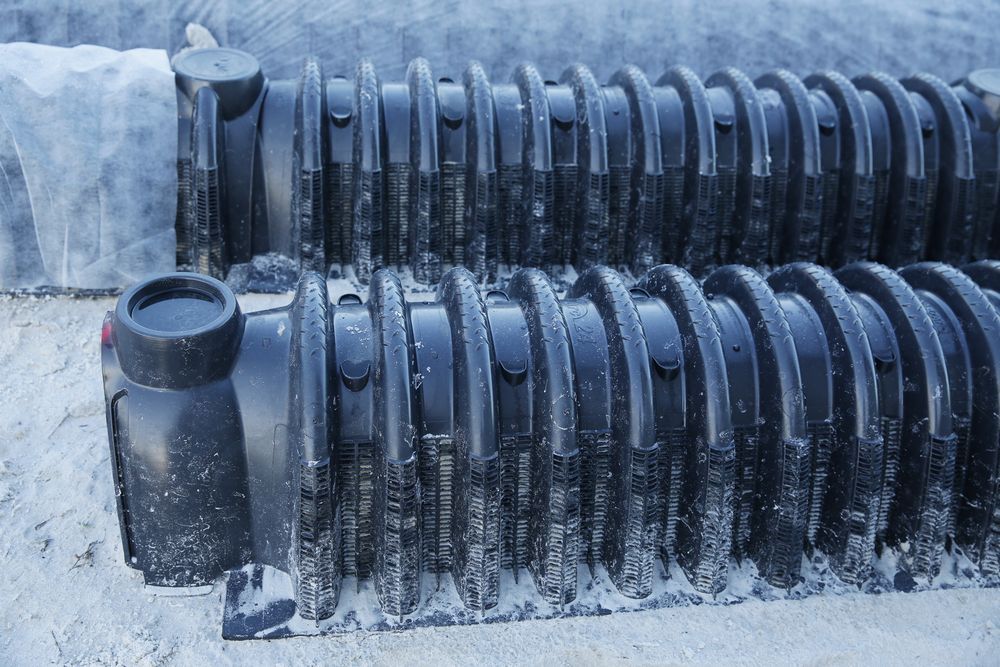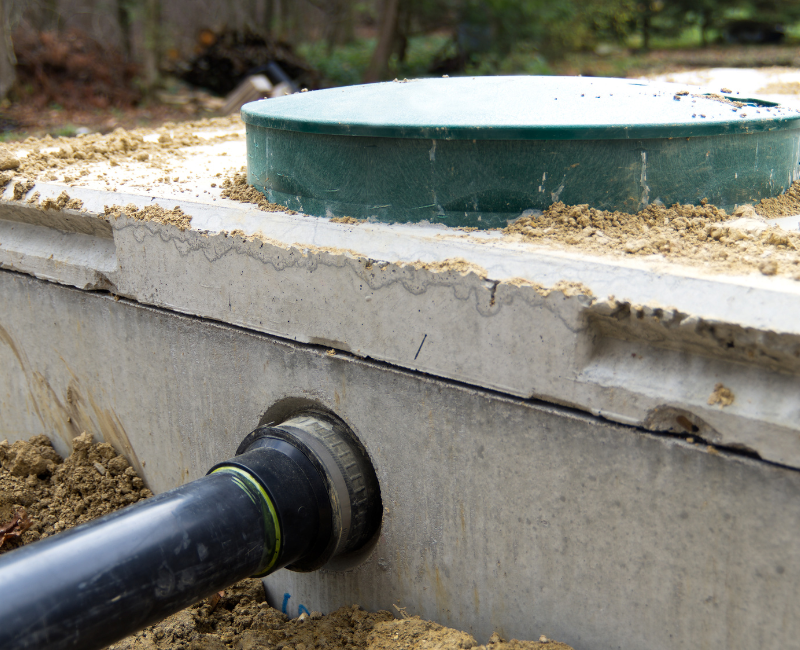
Your septic tank plays an important role in managing wastewater safely and efficiently. Yet, it’s often out of sight, out of mind until something goes wrong. Regular maintenance, particularly pumping, is key to keeping your septic system in top shape and avoiding costly repairs. But how often should your tank be pumped? The answer depends on several factors.
Why Pumping Schedules Vary
Not all septic systems are the same, and neither are the households that use them. Here are some of the biggest factors that affect pumping frequency:
- Household Size
More people mean more water usage and waste production, which fills up the tank faster. A home with two residents may need pumping every 3-5 years, while a family of six might require it every 1-2 years. - Tank Size
The size of your septic tank also plays a major role. Smaller tanks need pumping more frequently, while larger tanks can accommodate more waste over time. - Water Usage Habits
Do you frequently run the dishwasher, take long showers, or do multiple loads of laundry per day? High water usage can strain your septic system, causing it to fill up faster. - What You Flush or Drain
Non-biodegradable items, grease, and certain chemicals can clog your tank and drain field, leading to more frequent maintenance needs. - Age of the System
Older systems may not work as efficiently as newer ones, requiring more frequent inspections and pumping.
How to Assess Your Septic System’s Needs
If you’re unsure about your system’s pumping schedule, here’s what you can do:
- Schedule a Professional Inspection
CleanWorks Septic offers thorough inspections to evaluate your system’s condition and capacity. Our experts provide personalized advice based on your tank’s size, usage, and performance. - Pay Attention to Warning Signs
Slow drains, odd odors, or pooling water in your yard? These can be signs your tank needs immediate attention. - Follow Your Maintenance History
Keeping track of your pumping schedule will help you stick to a routine and avoid last-minute emergencies. - Ask the Experts
When in doubt, reach out to the experienced team at CleanWorks. Helping homeowners in North Georgia maintain their septic systems is what we do best!
Why Choose CleanWorks?
At CleanWorks Septic, we understand the unique needs of North Georgia homeowners. With reliable, professional services, we’re here to make septic system maintenance stress-free. Whether you need a routine pump, a septic tank inspection, or emergency assistance, our team is just a call away.
Don’t wait for problems to arise. Contact us today for expert advice and a free quote. We’ll help you determine the perfect pumping schedule for your home!
Test Your Septic System Knowledge
Want to see how much you know about septic systems? Try these questions! Answers with explanations follow each question.
How often should the average household pump its septic tank?
a) Every 6 months
b) Every 1-3 years
c) Every 5-7 years
d) Never
Answer: b) Every 1-3 years.
On average, septic tanks in households with moderate water usage need pumping every 1-3 years. However, this can vary based on factors such as household size and tank capacity.
What can happen if you don't pump your septic tank regularly?
a) Reduced water pressure in your home.
b) Permanent damage to the drain field.
c) Frequent air blockages in plumbing.
d) Improved septic system performance.
Answer: b) Permanent damage to the drain field.
Without regular pumping, solids can overflow into the drain field, causing blockages that may lead to costly damage or a complete system failure.
Which item is safe to flush down a drain connected to a septic system?
a) Flushable wipes
b) Grease
c) Biodegradable toilet paper
d) Feminine hygiene products
Answer: c) Biodegradable toilet paper.
Only biodegradable toilet paper breaks down safely in a septic tank. Items like wipes and grease don’t decompose properly and can lead to clogging.
What is a septic system’s drain field responsible for?
a) Collecting and treating solid waste.
b) Filtering treated wastewater into the soil.
c) Storing unused water from your home.
d) Venting harmful waste gases.
Answer: b) Filtering treated wastewater into the soil.
The drain field allows treated water to seep into the soil, where microbes remove harmful bacteria and contaminants.
How can household water usage impact your septic system?
a) High water usage fills the tank quickly.
b) High water usage reduces the need for pumping.
c) Low water usage damages the drain field.
d) Water usage has no impact on a septic tank.
Answer: a) High water usage fills the tank quickly.
Excessive water entering the tank prevents solids from settling and can strain the entire system.
Which of the following is a sign your septic system needs attention?
a) Lush, green grass patches above the tank.
b) Fewer household clogs over time.
c) Slower water flow during laundry cycles.
d) Both a and c.
Answer: d) Both a and c.
Green patches can indicate leaks enriching the soil, while slower water flow may signal a full tank or clogged pipes.
Which professional should you call for a routine septic system inspection and pump?
a) A general plumber.
b) An emergency restoration company.
c) A licensed septic service provider.
d) Your local water department.
Answer: c) A licensed septic service provider.
Only licensed septic professionals, like CleanWorks, have the knowledge and tools to inspect, pump, and maintain your septic system correctly.
BONUS QUESTION:
Who is Jason McDaniel?
a) A local politician.
b) The owner and operator of CleanWorks Septic.
c) A published author on puppies
d) An actor on Gilligan's Island.
Answer: b) The owner and operator of CleanWorks Septic.
Jason McDaniel is the face behind CleanWorks, committed to providing exceptional septic services to homeowners in North Georgia.
Want to learn more about how CleanWorks cares for your septic system?
Contact us today for expert advice and tailored solutions for your home.

Service Area (but not limited to)
Big Canoe, Clarksville, Clermont, Cleveland, Commerce, Cumming, Dahlonega, Dawsonville, Gainesville, Jasper, Lula, Maysville & Suches
All Rights Reserved | CleanWorks Septic


